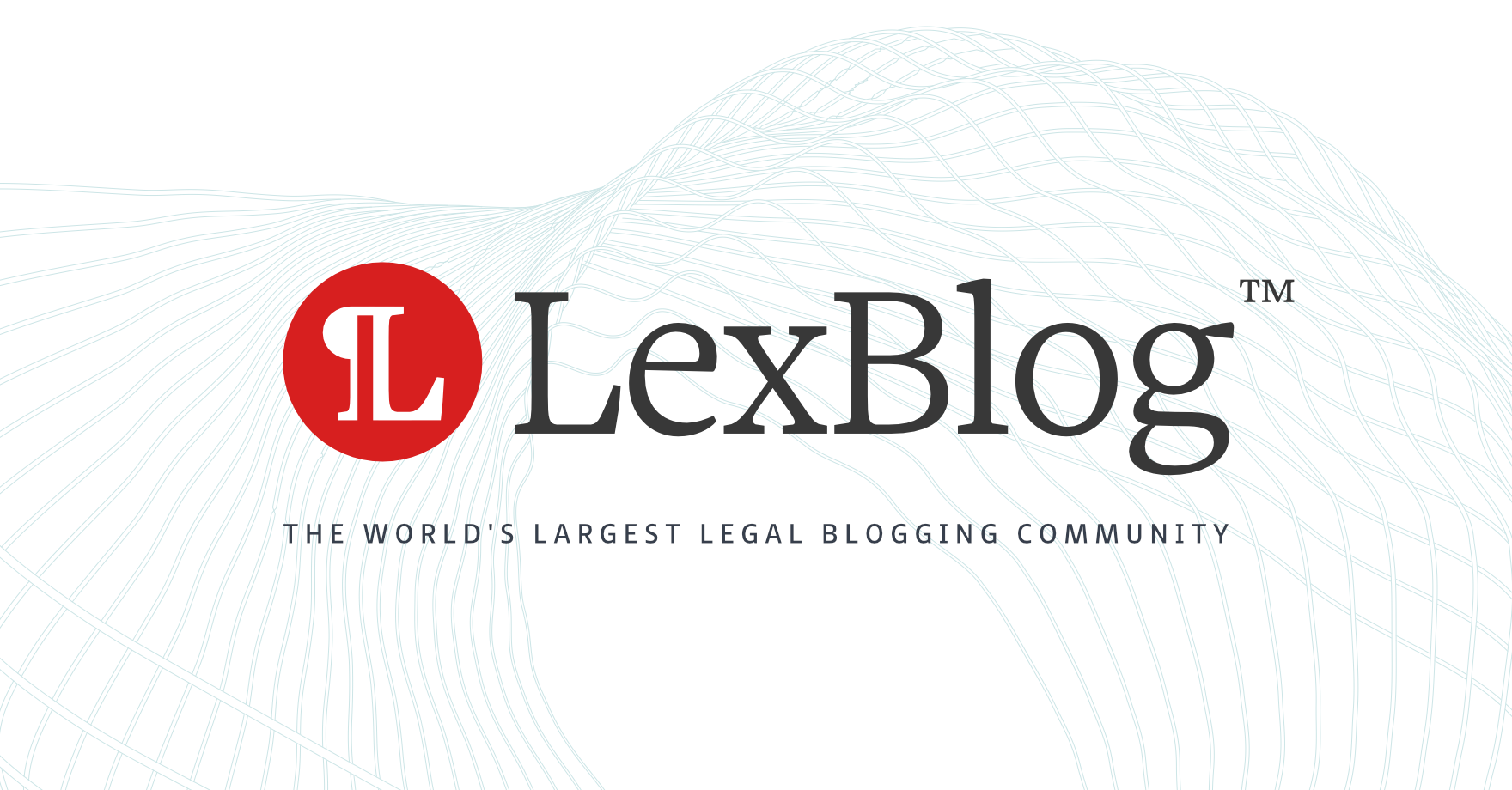Does the Appraisal Process Violate the Constitution?

Happy Father’s Day!
Pablo Caceres is an experienced insurance defense attorney from a very reputable law firm who has raised the issue of whether the appraisal process violates the constitution. In an answer to a lawsuit by a condominium trying to enforce the appraisal provision, Caceres made the following argument on behalf of his client, Empire Indemnity Insurance Company:
Empire denied coverage for roofs, windows and doors and the individual roofs, windows and doors denied entirely by Empire should not be the subject of appraisal, else the appraisal would improperly determine whether Empire breached by denying coverage. Having appraisers, not subject to any arbitration code, determine that Empire should have covered roofs, windows and doors claimed as damaged would amount to a determination by the appraisers that Empire breached by denying coverage, improperly ousting this Court of jurisdiction of determining whether Empire breached and depriving Empire of Due Process and the right to a jury trial under the U.S. Constitution.
The crazy thing about the position is that Empire Indemnity wrote the appraisal clause into the policy. Empire Indemnity has been going to appraisal without arbitration or a formal process in many appraisals long before this policy was written. So I do not know how much of a good faith argument this really can be by Empire Indemnity.
The even crazier thing is that when I give speeches about the appraisal clause and process, I have raised the same issue. There are no set rules. Appraisal can be akin to a “kangaroo court.” However, there is no case precedent that I am aware of that says the process violates the United States Constitution.
A federal court trial judge disagreed with Empire Indemnity and ruled that the matter proceed to appraisal:
Empire argues that if it is forced to appraisal, the Court should impose certain minimal guidelines ….to ensure the parties receive due process protections. The Court has denied requests to impose guidelines on the appraisal process in the past because no policy language requires such a form, and the Court relies on that line of cases here….Although Empire does not request such a specific form, Judge McCoy recommends—based on a reading of the Policy as a whole—that the appraisal panel should issue an award that delineates between the specific coverages offered under the Policy for each unique building. (Doc. 53 at 26). Seeing no objection to this recommendation, the Court need correct only plain error as demanded by the interests of justice….
Not satisfied with that result, Empire Indemnity has appealed. It again is raising the Constitutional issue of due process:
Relatedly, “the Due Process Clause requires certain minimum procedures ‘to ensure that [a property interest] is not arbitrarily abrogated.’” Smith v. Organization of Foster Families for Equality and Reform, 431 U.S. 816, 859 (1977) (Stewart, J., concurring) (internal quotations and citation omitted) (emphasis added). “[T]hat minimum is any reasonable procedure . . . which fairly protects . . . from arbitrary action.” Burgess v. Miller, 492 F.Supp. 1284, 1290 (N.D. Fla. 1980).
Governmental action mandating appraisal implicates due process. See, e.g., Hardware Dealers’ Mut. Fire Ins. Co. of Wis. v. Glidden Co., 284 U.S. 151, 158 (1931) (upholding constitutionality of statute mandating insurance appraisals only if “procedure it adopts satisfies the constitutional requirements of reasonable notice and opportunity to be heard”). Judicial enforcement is no different. Courts have long required appraisal to respect minimal due process despite its informality. See, e.g., Providence Washington Ins. Co. v. Gulinson, 215 P. 154, 155 (Col. 1923) (reversing appraisal award because “[a]rbitrators constitute a quasi court, and while no formalities are necessary, yet some . . . duties and responsibilities are similar”)….
Frankly, Empire could have cited precedent from some states where witnesses are called and evidence is presented if a party demands. But that is not the current law in Florida, where the procedure is informal and not like arbitration.
For readers with a little time, it is worth reading Empire Indemnity’s answer, the trial court order, and Empire Indemnity’s initial appellate brief. There are more issues than just the constitutional due process argument being raised.
From the policyholder’s perspective, these procedural objections and litigation remove the quick and relatively inexpensive objectives of appraisal. There is a trend of insurers raising these issues whenever the stakes become high. If the stakes are low, they simply agree to the simple procedure and never raise those issues. If this trend continues, we could see a day where some insurers place monetary limits on which claims go to appraisal.
Regarding fairness and due process, The Windstorm Insurance Network is to be congratulated for starting educational courses leading to certifications that include fairness and a code of ethics in the appraisal process. The Insurance Appraisal and Umpire Association also has an excellent certification program with its own code of ethics.
Thought For The Day
I cannot think of any need in childhood as strong as the need for a father’s protection.
—Sigmund Freud



